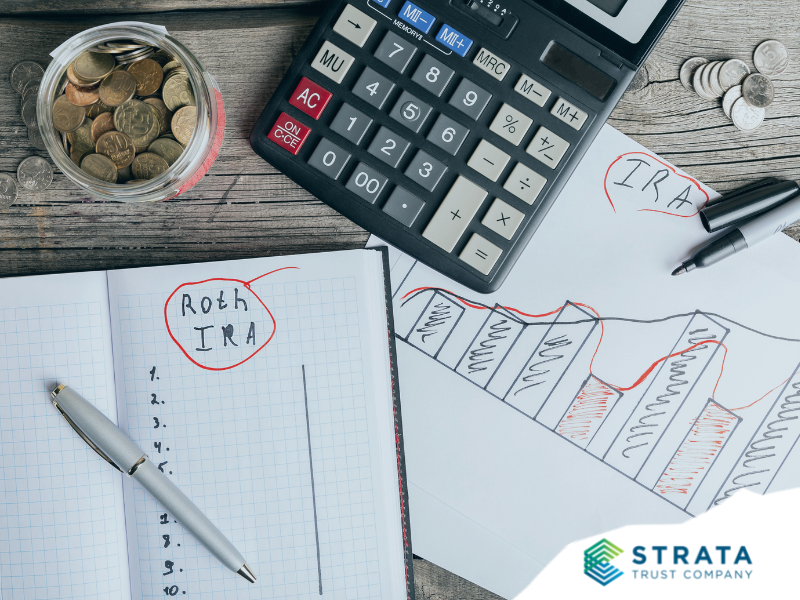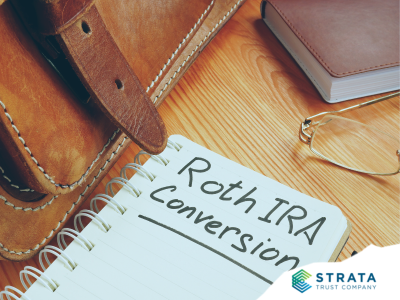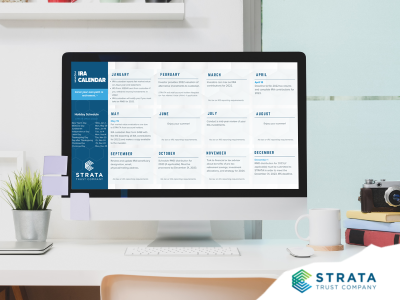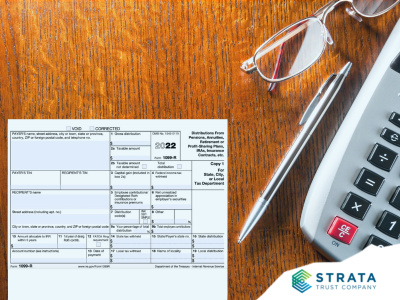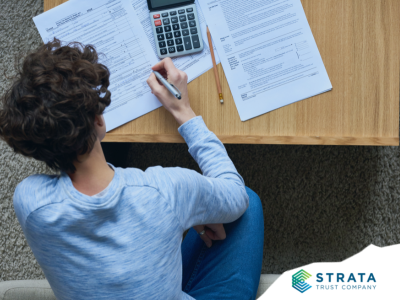The contributions you make to IRAs and workplace retirement plans generally reduce your taxable income for the year of contribution and stay tax-deferred until you withdraw them. While you’re enjoying the tax break now, your tax liability in retirement is piling up. If your tax rate is lower in retirement than it is now, that’s a win. But if your tax rate is higher when you retire, your tax bill could use up a big chunk of your spending money in retirement. With a little strategic planning, savvy self-directed IRA owners can use Roth conversions to create tax-free income that can be used to mitigate taxes in retirement or to pass tax- and probate-free assets to beneficiaries.
Although tax-free income sounds like retirement utopia, savers should consider several factors before they jump into a conversion, as these cannot be undone.
What Is A Roth Conversion?
A Roth conversion is a way to move money or assets from other tax-qualified retirement savings vehicles into a Roth IRA. You can convert pre-tax and after-tax assets from Traditional IRAs and employer plans like 401(k) and 403(b) plans. You can also covert SEP and SIMPLE IRA assets (after two years have passed from the first contribution made under the SIMPLE IRA plan).
You can convert IRA assets at any time but to convert plan assets to a Roth IRA, you must be eligible to take a distribution from your retirement plan.1 You can convert any amount directly from an IRA or retirement plan to your Roth IRA, or you may take a distribution payable to yourself first and deposit into a Roth IRA within 60 days. RMDs and other distributions that are not eligible to be rolled over cannot be converted.
The catch is that you must pay tax on the amount of pre-tax savings you convert in the year it leaves the IRA or retirement plan. If you convert nondeductible contributions from an IRA or (non-Roth) after-tax assets from an employer plan, you’ll only be taxed on the investment earnings distributed with those assets. Once your savings are in a Roth IRA, they will not be taxed again, and any investment growth that occurs after the conversion will be tax free if you withdraw your Roth assets in a qualified distribution.2
You Might Be A Good Candidate If …
Although everyone can benefit from tax-free income in retirement, conversions are generally considered to be most beneficial in the following situations:
- If you anticipate significant appreciation in the value of your investment, you may want to convert now while the value is low.
- If you expect tax rates to be higher or that your income will put you in a higher tax bracket in the future, you may want to convert now at your current tax rate.
- If you’re young, converting now will give you a longer time span for tax-free investment growth.
- Converting pre-tax retirement savings to a Roth IRA will protect them from required minimum distributions (RMDs) that must begin at age 73.
- If your income exceeds the limit for being eligible to contribute to a Roth IRA, conversions provide a “backdoor” into a Roth IRA.
Tax Liability Impact of Conversions
While conversions allow you to choose when to pay tax on your retirement savings, you’ll want to carefully consider the impact on your tax liability and finances. The increase in taxable income from a Roth conversion could bump you into a higher tax bracket or subject you to the 3.8% Medicare tax on net investment income. You may want to have sufficient assets outside of your retirement accounts to pay the tax liability for the conversion so you’re not using your retirement savings to pay taxes.
You may need to make estimated tax payments before you file your tax return for the year to avoid an underpayment penalty. If you’re under age 59½, you are not subject to the 10% early distribution tax for a taxable conversion. But if you withdraw the converted assets from your Roth IRA within five years, the 10% additional tax will be recaptured on the amount you withdraw unless you meet an exception. The current tax rates are set to expire after 2025 and revert to the higher rates from 2017 unless Congress passes new legislation to extend or change the tax rates.
Although not expected to pass, President Biden’s budget proposal includes provisions to eliminate conversions for high earners (e.g., married couples earning more than $450,000/year).
Conversion Strategies To Consider
In light of these considerations, you may want to discuss some of the following conversion strategies with a financial advisor who understands your financial, tax, and investment goals.
- Conducting a series of small conversions to spread the tax impact over several years
- Converting in years when your income or tax bracket is lower than normal
- Converting just enough each year to “fill up” your current tax bracket without exceeding it
- Converting investments in-kind during down markets or when the investment value is low to minimize the tax liability at the time of conversion and maximize the tax-free growth after the conversion
- Converting taxable retirement savings in the years after you stop working full time but before you claim Social Security or are required to take RMDs (typically when your taxable income is lowest)
- Using the back door strategy of making nondeductible contributions to a Traditional IRA, then converting them to a Roth IRA
Additional Resources
It’s important to remember that Roth conversions are permanent – if you are interested in a Roth conversion, please contact your tax professional with any questions regarding possible tax consequences, as partial or full conversions can no longer be recharacterized.
If you’d like to request a conversion from to your STRATA Roth IRA, you may follow the steps found in our Knowledge Center.
1 Some retirement plans allow participants to convert assets to a Roth account within the plan while they are still working.
2 To take a qualified Roth IRA distribution, you must have had a Roth IRA for at least five years and be at least age 59½, disabled, deceased, or a first-time homebuyer at the time of distribution.
